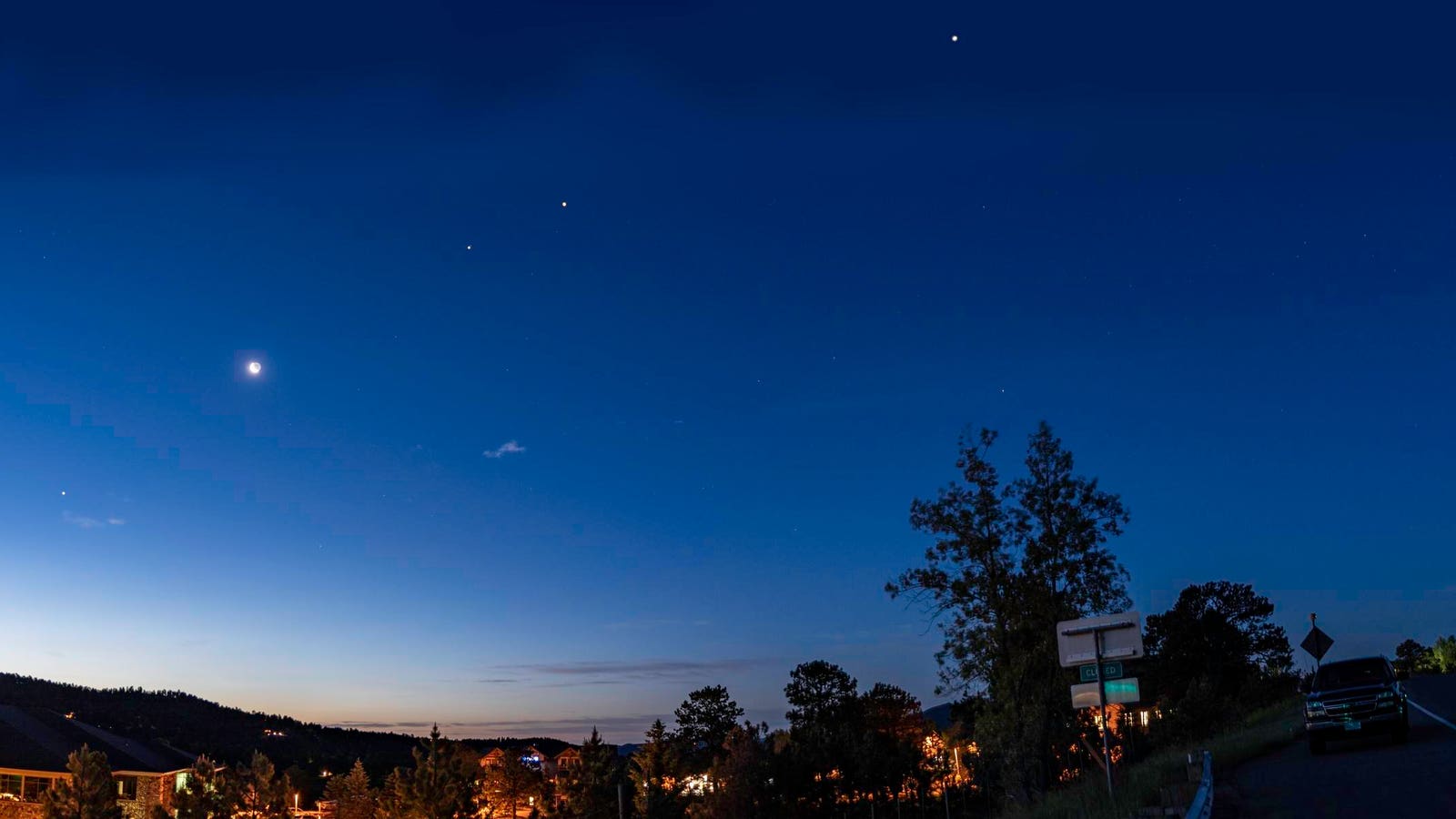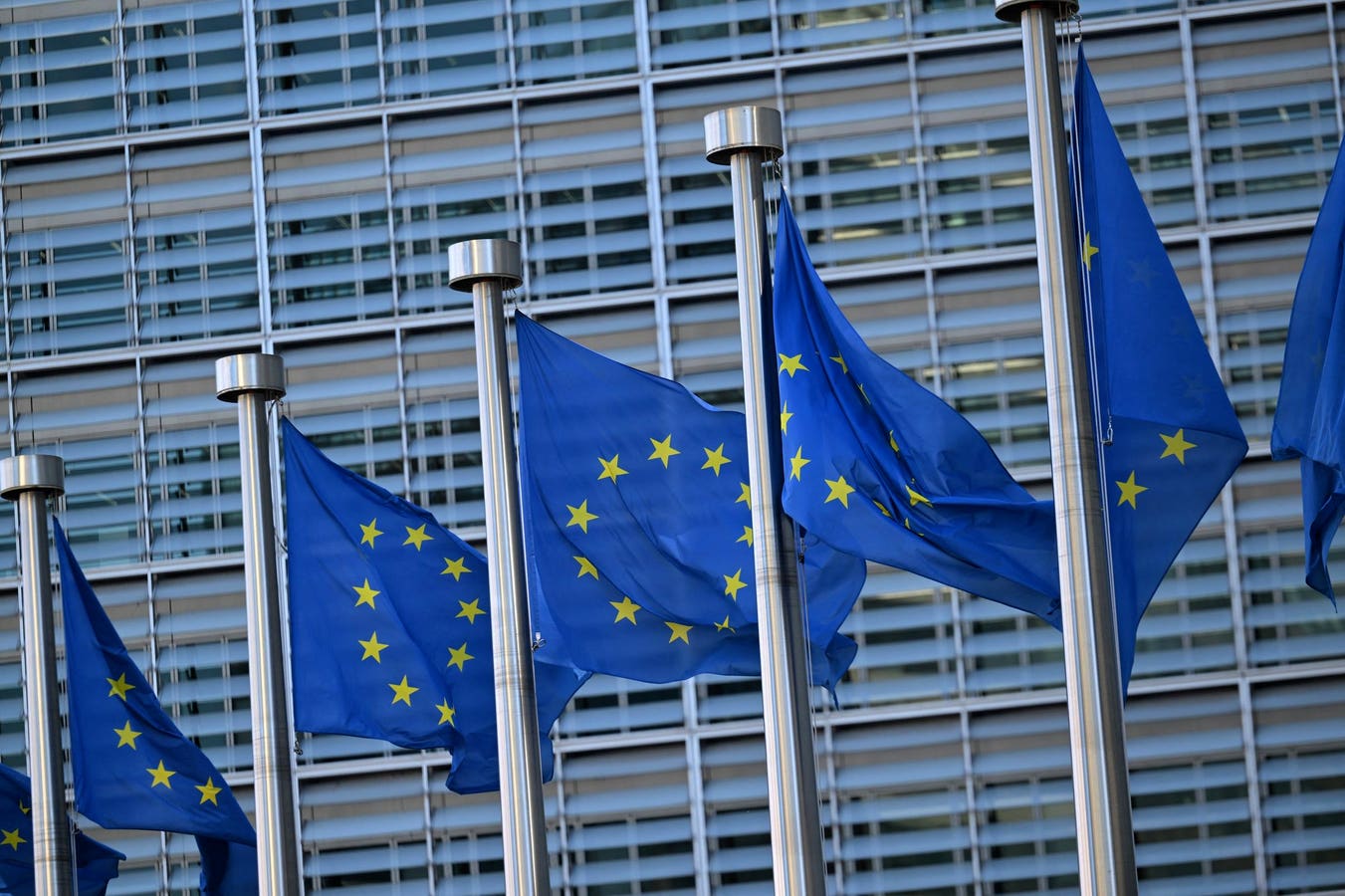Close up of bee hive
Every year on May 20, the world celebrates World Bee Day, a global call to recognize the vital role bees and other pollinators play in keeping our ecosystems alive and our plates full. This year’s theme is noted as “Bee Inspired by Nature to Nourish Us All” abd was set by the Food and Agriculture Organization of the United Nations. This emphasizes their indispensable role in food security, nutrition, and biodiversity.
According to the FAO, pollinators are responsible for the reproduction of over 75% of the world’s food crops. That includes staples of our daily lives, but while they support billions of dollars in agricultural productivity, these tiny miracle workers are under threat.
Bee populations are declining at alarming rates. The Intergovernmental Science-Policy Platform on Biodiversity and Ecosystem Services reports that nearly 40% of invertebrate pollinator species, particularly bees and butterflies, face extinction. According to entomologists at Washington State University, U.S. commercial honey bee colonies could suffer losses of up to 70% in 2025, a sharp rise from the 40–50% annual losses typically seen over the past decade. These record-breaking declines, according to the U.S. Department of Agriculture, pose a serious threat to agriculture, as honey bee pollination supports 35% of the world’s food crops.
The causes are human-driven: pesticide overuse, habitat loss, monocultures, invasive species, and climate change. A 2022 Harvard Study found that inadequate pollination is already responsible for a 3–5% drop in global fruit and vegetable production, linked to an estimated 427,000 premature deaths each year due to nutrition-related diseases. These related deaths include heart disease, stroke, diabetes, and certain cancers, according to research led by Harvard T.H. Chan School of Public Health.
A Global Response to a Global Bee Crisis
A honeybee (Apis mellifera) sips nectar from an aster in a butterfly garden.
Despite these alarming trends, some countries are rising to the occasion. Slovenia, where World Bee Day originated, has made beekeeping a national priority, regulating pesticide use and promoting pollinator-friendly practices. They also started the Golden Bee Award which is a national award for outstanding achievements in the conservation and protection of bees and other pollinators.
The United States is also mobilizing. According to the National Caucus of Environmental Legislators, U.S. states are leading the charge to protect pollinators through legislative action. In 2022, states like Colorado, Connecticut, New Jersey, and Vermont passed laws to safeguard native pollinators, and by 2023, at least 20 states introduced habitat restoration bills, while 24 states proposed limits on toxic pesticide use. These actions are helping to restore ecosystems, protect food systems, and offer economic lifelines to communities dependent on agriculture and apiculture.
How You Can Help Protect Bees and Other Pollinators
Grace, an MIT-trained engineer and founder of Ecofarms Jamaica—a social enterprise creating jobs, … More
Plant Native, Pollinator-Friendly Species
Choose flowering plants that are local to your region and bloom at staggered intervals. In the U.S., milkweed supports monarch butterflies, while bee balm and goldenrod attract native bees. Even balconies and rooftops can become vital feeding grounds in urban areas like in Paris and Toronto, which have turned rooftops into thriving pollinator habitats.
Avoid Synthetic Pesticides and Herbicides
Neonicotinoids are a class of neurotoxic insecticides that disrupt the central nervous system of insects, and are widely linked to bee population declines due to their persistence in soil and plants. These have been linked to widespread bee mortality and are banned in the European Union. Use organic alternatives like neem oil, and if chemical treatment is necessary, apply them during times when pollinators are less active, such as early morning or late evening.
Support Local Honey Producers
Buying raw, local honey not only benefits your health but also sustains ethical beekeepers who maintain healthy hives. Farmers markets often feature small producers who reinvest in local ecosystems.
Push For Policy Change
Advocate for stronger regulations on harmful pesticides and for the protection of wild habitats. Support initiatives like the U.S. Pollinator-Friendly Plant Labeling Act which directs the United States Department of Agriculture to create a voluntary certification program for plants that support pollinators, requiring them to be native, pesticide-free, and beneficial to pollinator habitats. Certified plants must meet strict criteria and labeling standards to ensure transparency from farm to retailer.
Our Sustainable Future Depends on Bees
Bees do not just make honey, they make life possible. Their silent, unpaid labor underpins food systems, biodiversity, and human survival and if we do not act with urgency, we risk destabilizing the very foundations of our ecosystems.
World Bee Day 2025 is not just symbolic but it is a reminder that sustainability starts at the soil level, in gardens and fields, on rooftops and windowsills. Protecting bees means protecting the planet and ourselves.








